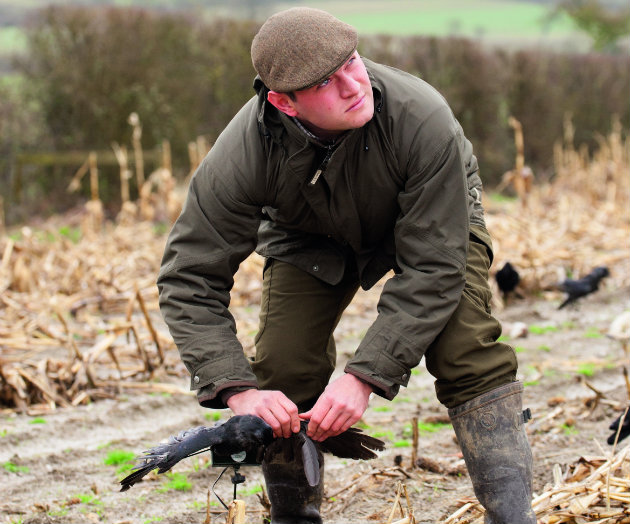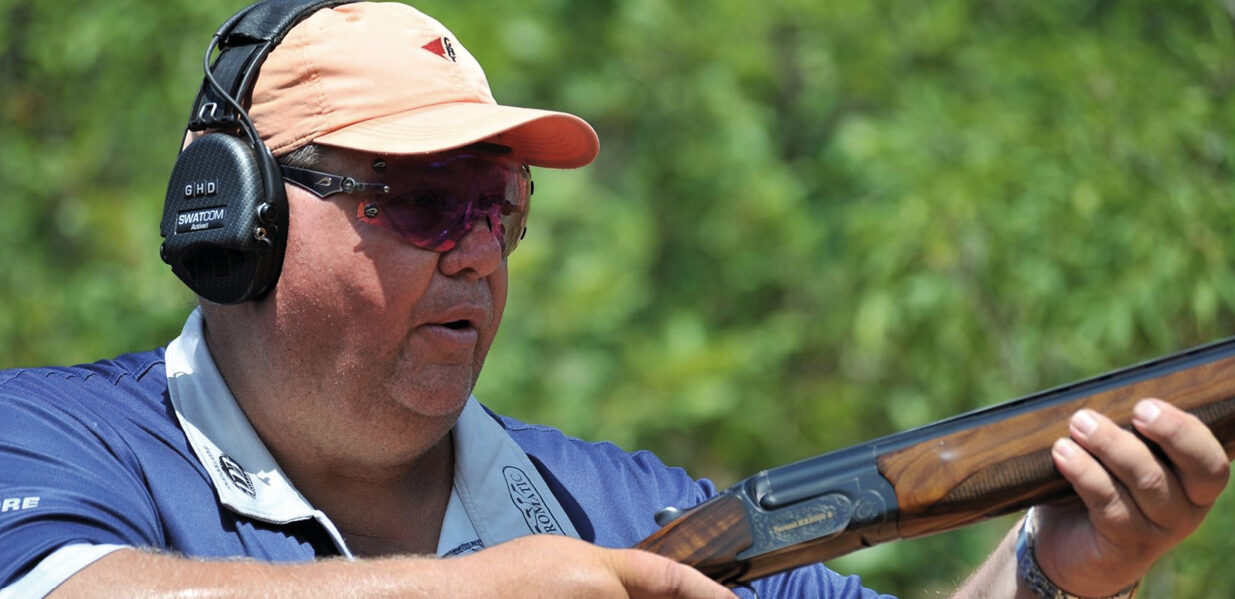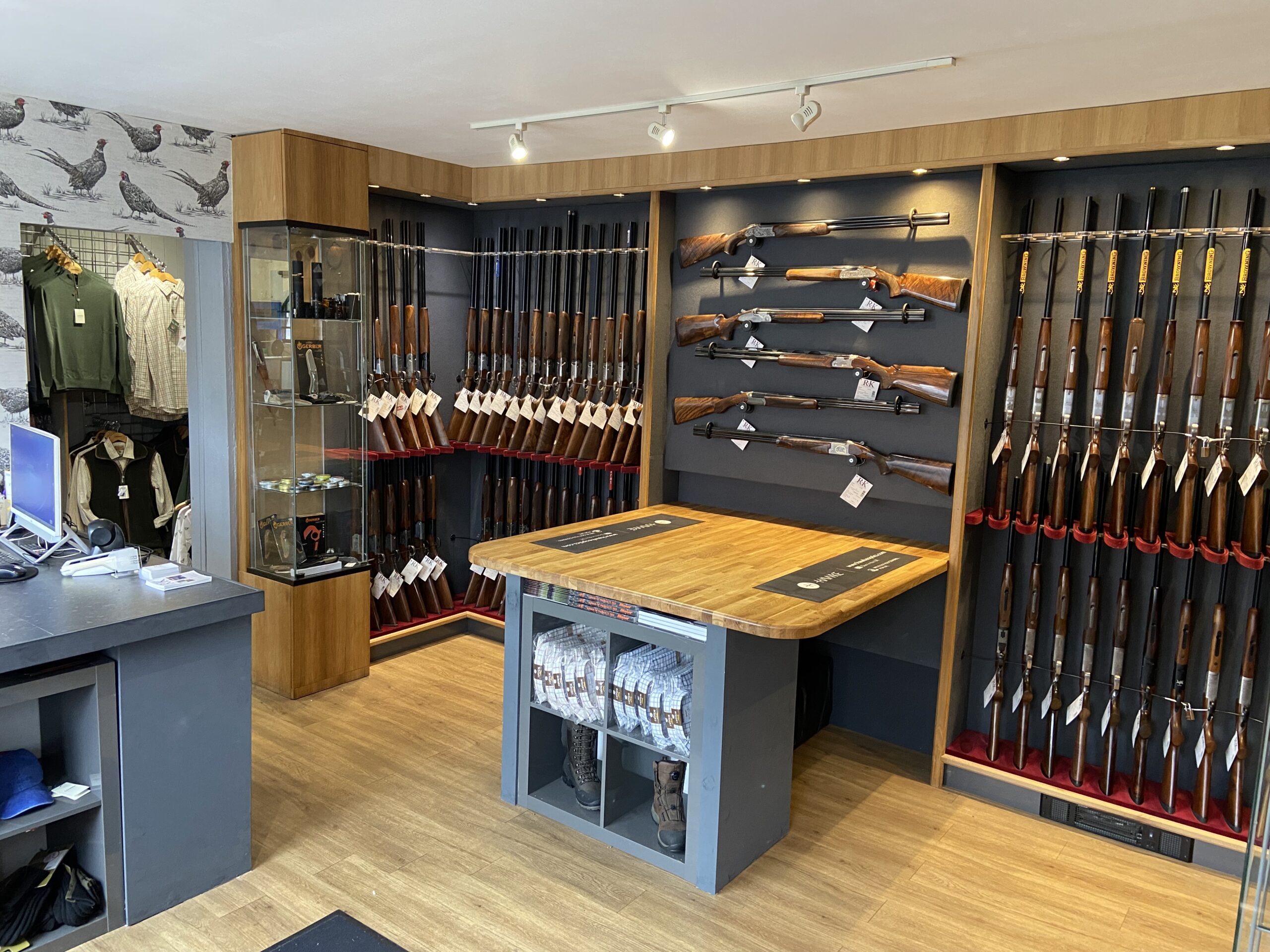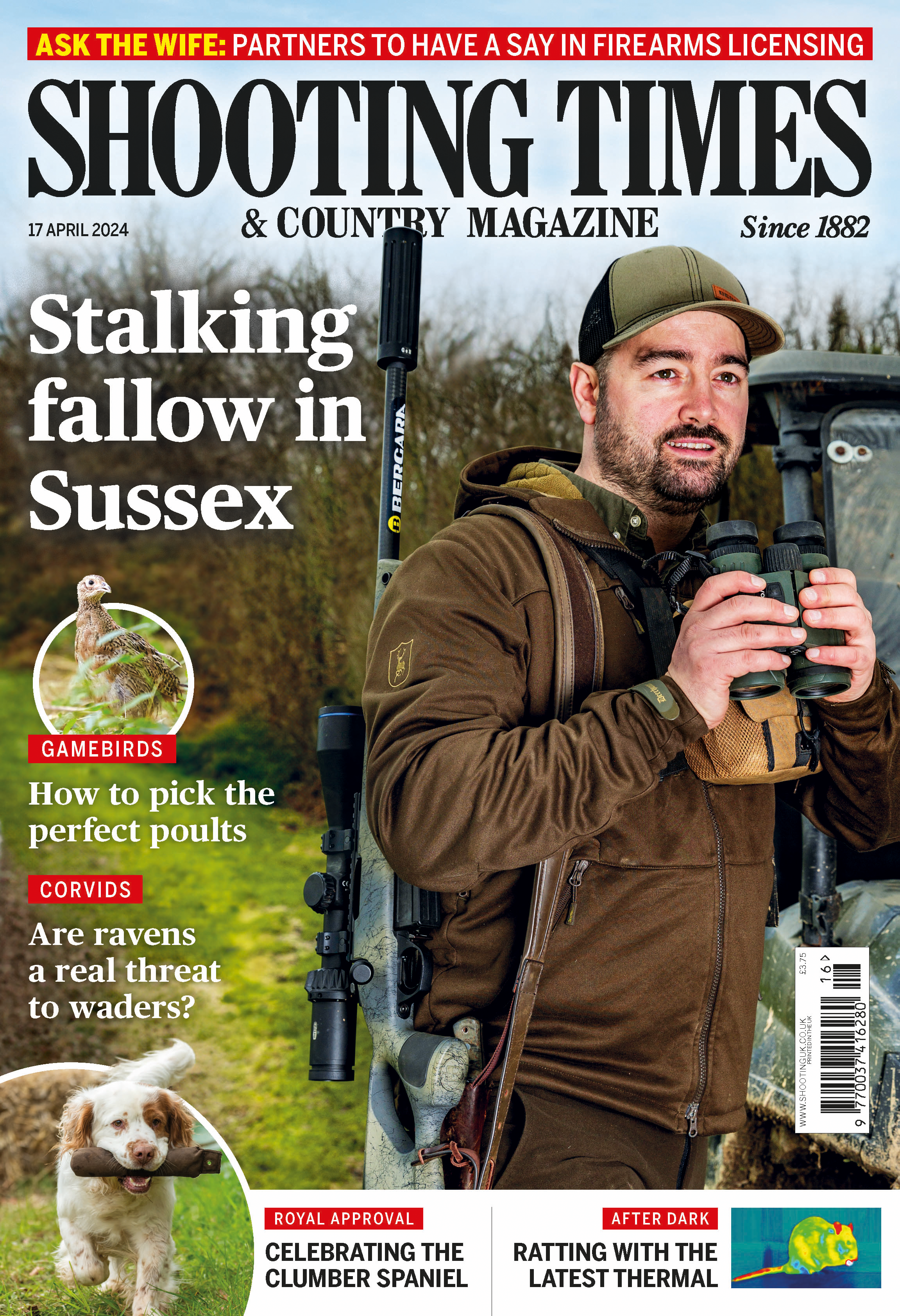Does a gamekeeper really need a degree?
The old guard may look down at the lad with a degree, but little hands-on experience, yet both have a role to play in the modern profession, says Alex Keeble

Alex has found that his experience on a small shoot has complemented his BSc degree
This is my eighth season being a headkeeper on an estate in the Cotswolds. Having entered the gamekeeping profession full-time at the age of 23, my initial knowledge came from running a small shoot in Suffolk for a farmers syndicate and having a BSc (Hons) degree in conservation and environment. The small shoot was an ideal stepping stone as I learned how to rear pheasants, control predators, manage habitats and run shoot days on four or five 50-bird days. Gamekeeping on a small syndicate presents all the problems a larger shoot has but with a lesser financial burden if things go wrong. Making mistakes can be costly, but a good way of learning.
Written in the stars
My main passion has always been shooting; I was born on 1 October so my fate was written from the start. I was one of those boys who would pester his father to go out with the gun at any opportunity. Sitting in a ditch for hours on end, in pouring rain, to fire one shot at a lone crow was heaven.
Gamekeeping qualifications
I am thankful that I have been able to make a career out of my passion. I know many people who went to university and got a degree they rarely use. Going to university or college is vital in the gamekeeping world. Learning from hands-on experience isn’t enough for the modern keeper — it needs to be combined with gamekeeping qualifications and training.
Starting any new job is daunting and there are some in the shooting fraternity who look upon a young lad going into the profession with a degree and some part-time gamekeeping experience as being completely clueless. There are even a few who take great pleasure in telling you that that’s not the way they’d do it. I meet young men who get a decent job and yet are criticised because of jealousy and bitterness. Perhaps something to think about if this relates to you.
Perfect way into gamekeeping profession
Gamekeeping in the Cotswolds has been a perfect way into the profession. The shoot has changed every year, which keeps things exciting. As my knowledge has increased, the shoot’s size has followed suit. We gain more ground on a yearly basis which allows for new drives to be created; we have about 1,100 acres. Watching the new pheasant drives flourish brings a huge amount of satisfaction. Let days have been added and I have had a couple of underkeepers for the past few years.
Things have gone well to date. My game covers are still standing well, even after the heavy snowfall, and there will be enough game left to accommodate my last few shoot days. Topping strips of maize with the Massey Ferguson 135 tractor helps to keep the birds in good condition and ensure they stay at home.
Outstanding gamekeeping student wins NGO trophy
Will Hetherington of Shooting Gazette interviews Cormac The award goes to the best gamekeeping student of the academic year. Cormac completed his…
Honorary President of National Gamekeepers’ Organisation receives Royal Victorian Order (LVO) from Her Majesty The Queen
Awards in the Royal Victorian Order are in the gift of Her Majesty, who made the presentation in person. David…
My attention will soon be turning to tidying up, habitat maintenance and controlling the vermin. Rats are forever building in large numbers around the game covers and we are continually seeing maize cobs that mysteriously seem to be moving unaided.
At closer inspection, you will see a grey squirrel carrying them across the field. Habitat maintenance is an ongoing job and I am very proud of the woodland cover I have created here, but it needs inspecting and managing on a yearly basis to keep the habitat in optimum condition.
National Gamekeepers’ Organisation job register
Gamekeeping job opportunities are few and far between so limiting your search to near where you live really will restrict your career. If you are young, with no responsibilities, moving shouldn’t be an issue. I registered on the National Gamekeepers’ Organisation job register and happened to come across the job I am in now. I moved three hours away from home to the Cotswolds and it was one of the best decisions I have ever made. Take a chance and head to somewhere new!










